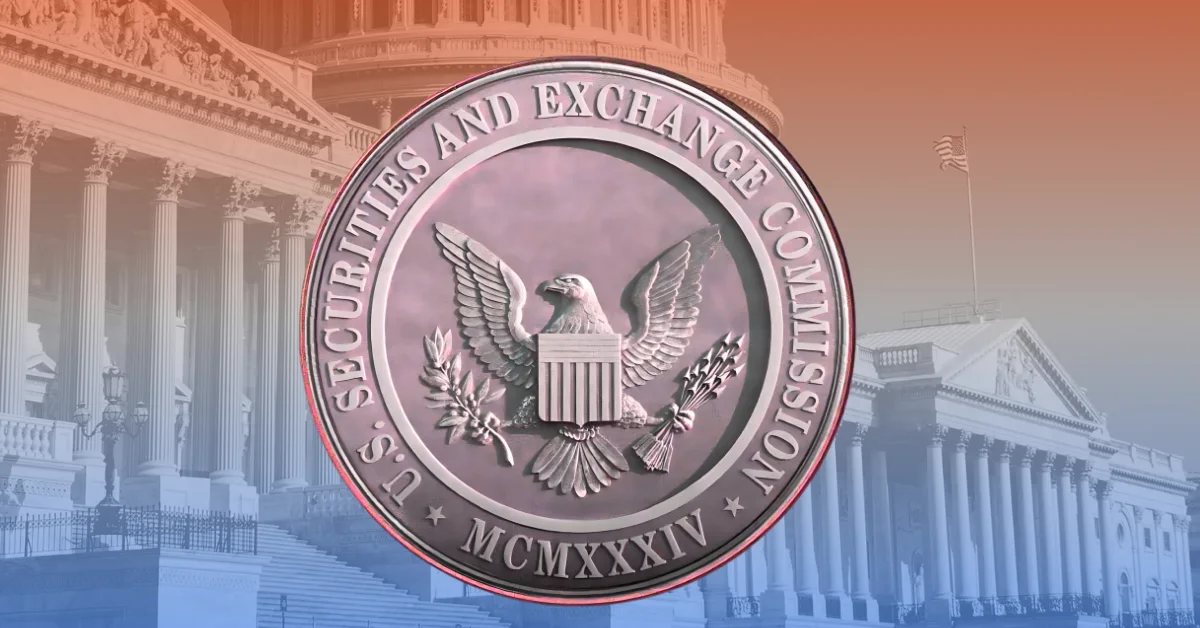
John E. Deaton criticizes the SEC for its aggressive tactics against companies and individuals, particularly in the crypto industry.
The SEC's focus on high-profile figures like Elon Musk has led to concerns about selective enforcement and potential intimidation tactics.
Deaton and others have questioned the legal merit of some of the SEC's cases, particularly in the crypto space.
Attorney John E. Deaton has taken aim at the SEC, accusing it of unfair and heavy-handed tactics that target businesses and individuals alike. Highlighting Elon Musk’s latest legal clash with the agency, Deaton revealed how SEC Chair Gary Gensler allegedly pressured Musk with a 48-hour ultimatum to settle or face charges. Musk’s lawyer, Alex Spiro, didn’t hold back, calling the SEC’s actions politically motivated harassment.
But Musk’s case is just the tip of the iceberg—Deaton warns that the agency’s approach could spell disaster for smaller players in the crypto industry.
Elon Musk’s Long Feud with the SEC
Musk’s clashes with the SEC are not new. The conflict began in 2018 when the agency charged him with fraud over his “Funding secured” tweet about taking Tesla private. Musk settled the case by paying $20 million in fines for both himself and Tesla and stepping down as Tesla’s chairman.
However, the settlement only deepened Musk’s frustrations. Over the years, he has been a vocal critic of SEC Chair Gary Gensler and has continued his public attacks, especially since Trump’s election. Recently, Musk launched a nongovernmental initiative called the “Department of Government Efficiency” (DOGE) to review federal spending and regulations.
Deaton: SEC is a Threat to Small Businesses
Deaton argued that if the SEC can pressure someone as powerful as Musk, smaller businesses and entrepreneurs face an even tougher situation. He highlighted the LBRY case, where the SEC allegedly threatened to bankrupt the company and its founder, Jeremy Kauffman, even before filing a lawsuit.
Ripple serves as another example. Its CEO, Brad Garlinghouse, disclosed that the company had spent over $150 million defending itself in what Deaton called a “non-fraud” case. Deaton stressed that many companies cannot afford such resources, leaving them unable to challenge the SEC’s actions.
Overreach? It’s a Regular with the SEC
Deaton also mentioned the SEC’s actions against Dragonchain as another instance of regulatory overreach. He expressed hope that former SEC commissioner Paul Atkins could reform the agency if given the opportunity.
In addition, an X user named Nuclear Herbs referenced the SEC v. Richard Heart case. They noted that during the hearing, the judge appeared confused by the SEC’s fraud allegations. The post argued that the SEC uses the term “fraud” to mislead public opinion, even when there’s little evidence to support the claim.
ThThese criticisms reflect broader concerns about the SEC’s enforcement practices, especially in the crypto industry. Many companies face lengthy and expensive legal battles, which often stifle innovation and disproportionately impact smaller players.
Never Miss a Beat in the Crypto World!
Stay ahead with breaking news, expert analysis, and real-time updates on the latest trends in Bitcoin, altcoins, DeFi, NFTs, and more.
The question remains: how far is too far when it comes to regulatory enforcement?







